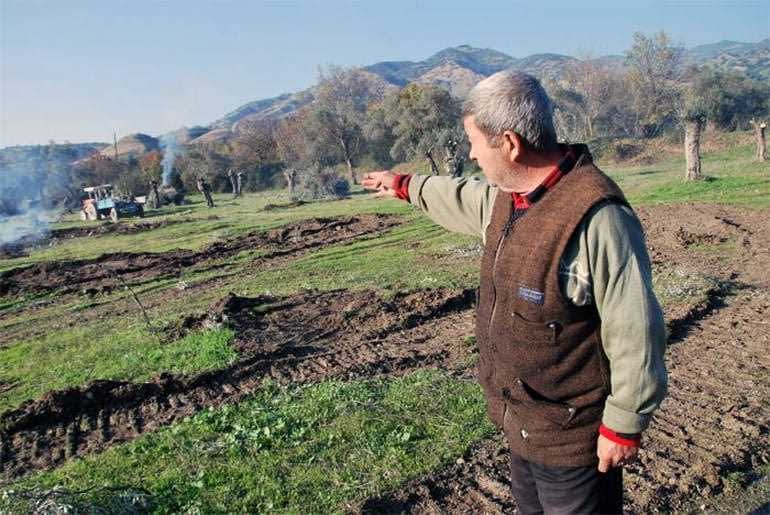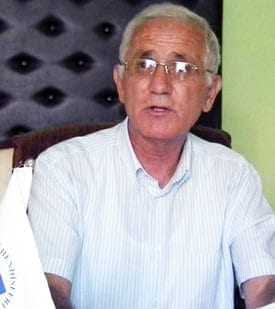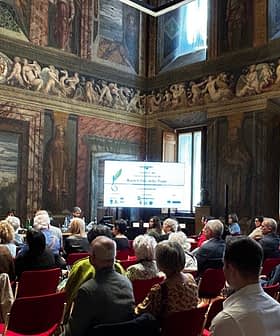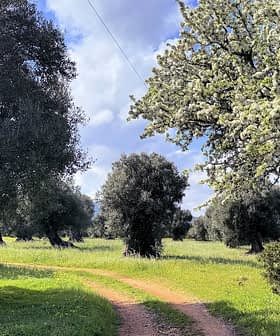
Cutting down olive trees is becoming a more common occurrence in Turkey. This week a local news agency reported that “50 olive trees were rooted out” in the Yılmazköy countryside, in Aydın.
Will we use electric to feed people? This is wrong.
A private company bought the land to build a geothermal power plant that will replace the famous centuries-old olive trees that produce the (locally) famous “olive oil of Efeler,” named for the district.
The company tried to pursue the project under secrecy, but in recent days decided to stop mowing down the plantations as the reaction of local farmers, upset by the company’s lack of transparency about its plans, became louder, attracting the attention of local media.

An official comment came from Maymut Nedim Barış, the President of Agriculture Engineers Chamber of Aydın, who asked “How can we feed people in the future? Will we use electric to feed people? This is wrong.”
This is the second case of olive trees being uprooted in this Aegean region in recent weeks. The village of Yırca, where a high number of trees were recently sacrificed to establish a thermal power plant, is not far from Yılmazköy.
A few months ago September, in Soma, a city sadly known for a recent mine tragedy, farmers woke up and found high wire fences surrounding their olive trees.
The action drew protests including from passionate locals and Greenpeace Turkey. A social media campaign was launched in support of protesters, using #ProtectOliveTrees and #ZeytinimiKesme hashtags on Twitter, until the Council of State decided to suspend the thermal power plant project.
Turkey, one of the world’s most important producers of olive oil, aims to boost its sector during a particularly challenging time for its economy. Critics say the recent trend, if allowed to continue, could impact Turkey’s olive oil production, as well as its image.









